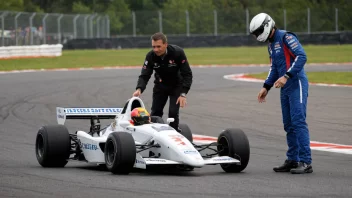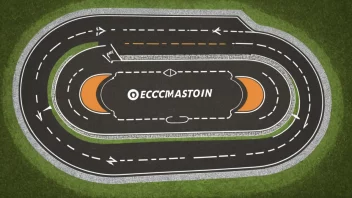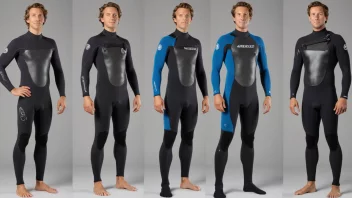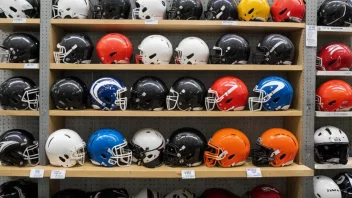1. Wearable Sensors
Wearable sensors can track a variety of metrics, such as heart rate, speed, and acceleration. These devices provide real-time feedback during races, allowing athletes to adjust their performance on the fly.
2. GPS Tracking Systems
GPS tracking systems offer precise location data, helping racers analyze their routes and identify areas for improvement. Utilizing this technology can enhance navigation and optimize race strategies.
3. Telemetry Systems
Telemetry systems collect and transmit data from the vehicle to a central hub. By analyzing this data, teams can make informed decisions about vehicle performance and driver behavior in real-time.
4. Video Analysis Tools
Video analysis tools allow for the breakdown of racing techniques and strategies. Athletes can review footage to understand their performance better and make necessary adjustments to improve their technique.
5. Virtual Reality (VR) Simulators
VR simulators provide a safe environment for drivers to practice and experience different racing scenarios. This technology enhances skill development and allows athletes to visualize their performance without the risks associated with real-world racing.
6. Mobile Apps for Performance Tracking
Mobile applications designed for motorsports can help athletes track their performance metrics over time. These apps often provide insights and recommendations based on historical data, enabling racers to refine their strategies.
7. Smart Helmets
Smart helmets equipped with communication systems and heads-up displays can enhance safety and provide critical data in real-time. They can alert drivers to hazards or performance issues, ensuring a safer racing experience.
8. Advanced Suspension Systems
Modern suspension systems use sensors to adapt to track conditions in real-time. These systems improve vehicle handling and stability, allowing for better performance during races.
9. Data Analytics Platforms
Data analytics platforms compile and analyze vast amounts of race data. They can highlight trends, predict outcomes, and suggest strategic adjustments based on real-time information.
10. Online Coaching Platforms
Online coaching platforms use technology to connect athletes with coaches who provide real-time feedback and performance analysis. This collaboration can significantly enhance an athlete's training regimen and racing strategies.
In conclusion, integrating cutting-edge technology into motorsports can significantly enhance performance while ensuring safety. By leveraging wearable sensors, GPS tracking, telemetry, and other advanced tools, racers can gain invaluable insights and make quick adjustments to their strategies. The future of motorsports is undoubtedly intertwined with technological advancements, offering exciting possibilities for athletes looking to improve and excel.






